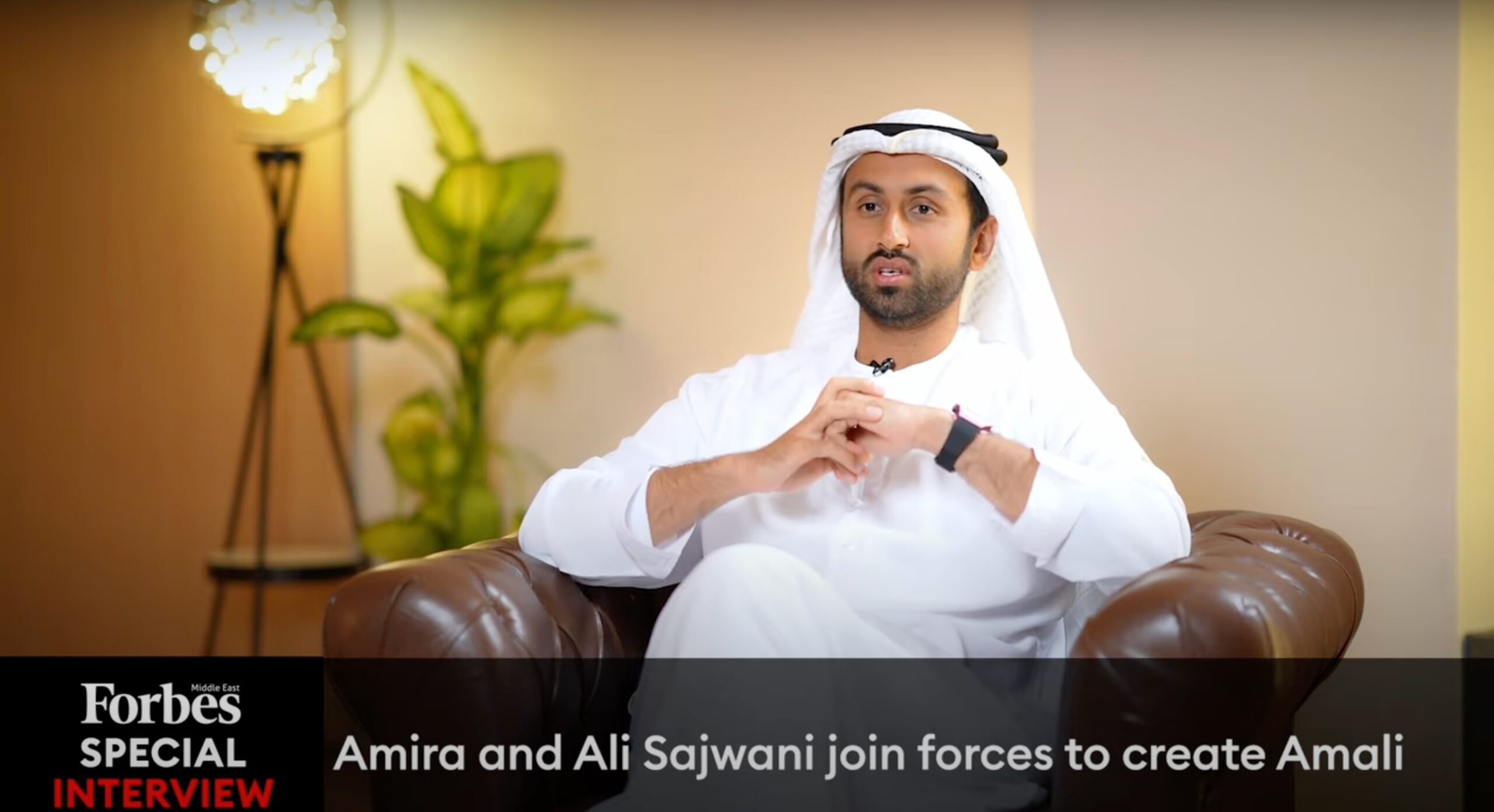Technology and society are evolving at a pace never seen before, which puts businesses in an era of digital Darwinism. In the rapidly unfolding future, companies need to transform themselves with a new mindset, different concepts of leadership, and innovative business models. “Transform or disappear” is the message that’s humming across industries, and only those who respond with agility to the future of work will make it through to the other side.
To be relevant in the future, business leaders need to look inwards and bring about a change in the way their organization thinks, operates and perceives growth. The key to transformation, however, is not being reactive to disruption, but to proactively design your own future by reading the potential impact of change.
Tech up or miss out
When it comes to business transformation, technology is often the elephant in the room. There’s no doubt that adopting the right technology is one of the biggest challenges that businesses face in their digital aspirations. In an Oxford University study on the future of over 700 occupations, real estate jobs emerged among the most likely to fall prey to AI and other disruptive technological forces.
Contrary to popular belief, algorithms will not replace humans but will serve as co-workers to the human workforce. While technology adoption plays a vital role, it is more important to upskill people and develop a culture that builds a level of comfort and acceptance for human-machine collaboration. While digital transformation may seem like a challenging slope to climb, the key is to get started and implement use cases in areas that will bring the most direct and impactful results.
A people-first mindset
While technology takes the front seat in most discussions about transformation, it is nothing but a tool to craft the future. At the heart of this transformation, are people. Currently, many workplaces are composed of people from five generations: traditionalists, baby boomers, generation X, millennials, and generation Z.
There is a significant shift in global demographics, and generation Z will represent a substantial chunk of the workforce in the future. Known for their entrepreneurial spirit and affinity for the “gig economy,” generation Z are vastly different in terms of aspirations and values than their predecessors. For businesses to adopt the future of work, it is imperative to understand what motivates this generation and work now towards building a desirable culture.
A salary package and brand name will not be enough to attract and retain this new talent. Studies show that millennials and generation Z want to work for organizations with a higher purpose that they can relate to. Now and in the future, real estate companies will need to offer employee engagement, personal and professional development opportunities and options to work remotely to ensure that they can retain the best talent.
A new breed of leaders
With technology evolving in tandem with the workforce, businesses need a new form of leadership to bring it all together. The future of work demands leaders of the future. Organizations need to start identifying potential leaders and enabling them with a whole new set of skills. Research predicts that in the future, silos will break down, and positions will become more fluid than they are today.
The next generation of employees will also prefer a non-hierarchal form of leadership that encourages diversity, inclusion, a democratic approach to decision making, and employee development. Besides acing the hard skills, the leaders of tomorrow will also need to exhibit soft skills such as emotional intelligence, communication, empowerment, and people building.
To deal with the rapid evolution of technology, leaders across functions will need to develop a strong understanding of different technologies and their impact on the business. It is also up to leaders to ensure that they are actively skilling up their team members with the skills needed for the future. Leaders are going to play the most vital role in creating an organizational mindset that promotes agility to drive transformation strategies.
While the future of work may seem like a distant idea, in reality, it is already here. Now it’s up to employers to move fast to be able to meet the demands of tomorrow.


